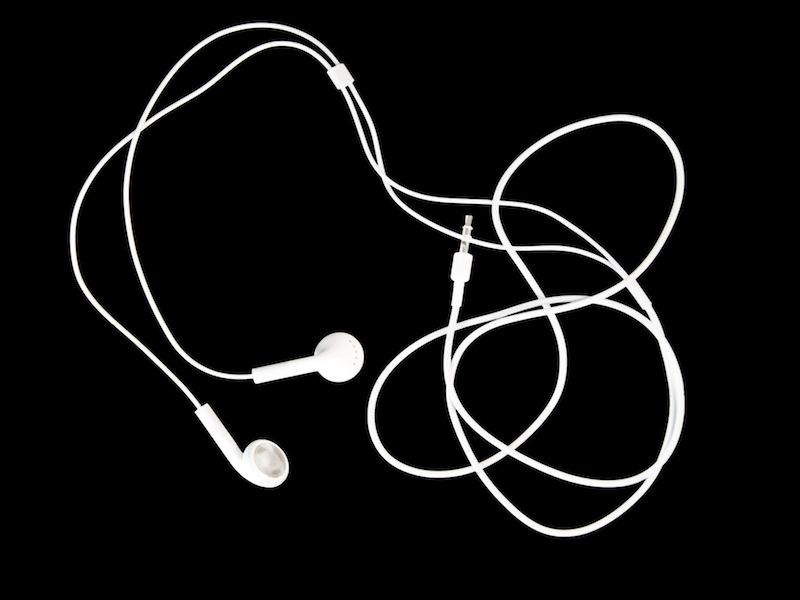
You don’t need to feel like your by yourself if you haven’t had a hearing test since you were a kid. Regrettably, we have a tendency to treat hearing loss reactively instead of proactively, and a normal adult physical normally doesn’t include a hearing test. The majority of people neglect hearing loss, even when they are cognizant of it, for up to seven years which can severely affect your health. In fact, untreated hearing loss has been proven to increase your healthcare costs over time.
The good news, So that our hearing professionals to assist you, we suggest a hearing exam which is simple, pain-free and provides a wide range of important information. Both to learn if interventions such as hearing aids are helping you and also for diagnosing potential hearing issues. When you were a child, you may recall the audiometry test from school, but a full hearing exam will give you a better understanding of your hearing without a sticker or a lollipop.
It’s important that you routinely get your hearing examined even though you might not normally give your hearing as much consideration as your teeth or eyes. You might not recognize something wrong with your hearing for a long time. Loss of hearing usually happens slowly, and the sooner you recognize an issue with your hearing, the sooner you might be able to fix it.
How do You Know When to Get Examined?
All newborns should be tested for hearing loss, and usually, the hospital takes care of that before they are released. Teenagers should be screened during routine exams with their doctors and children should have formal hearing tests at the ages of 4, 5, 6, 8 and 10 years old according to The American Academy of Pediatrics.
It’s recommended that if you are between the ages of 18 and 49, you get your hearing checked every five years and then, as you age, more often. You should get tested every three years if you are 46 to 60 years old and then every two years after you turn 60. But don’t allow that to stop you. Your specific situation will dictate when you should be an exam. If you find that your hearing isn’t as good as it used to be, you should have it examined immediately. Neglected hearing loss has been linked to mental decline, depression and a greater risk of falling and other health concerns. Your ability to do work effectively and your relationships can also be affected.
There are also some scenarios in which you should have a hearing test as soon as possible to address loss of hearing that could get worse. The following situations suggest that you need to get a hearing test right away:
- You are experiencing vertigo
- It is difficult to pinpoint where sounds are coming from
- You are unable to hear conversations, particularly when in crowded areas
- Your ears have constant ringing in them
- You find yourself having to constantly ask people to repeat themselves
- There is earwax buildup or you had an ear infection
Whether you are at risk of hearing loss is another consideration. For example, if loss of hearing runs in your family or you are exposed to loud noises regularly you should get your hearing examined more regularly.
Also, more than 200 ototoxic medications exist. From Aspirin to certain antibiotics, these drugs can be very harmful to your hearing. Check with your doctor to make sure any medicines you are taking aren’t affecting your hearing. If you need to use a medication that you know is ototoxic, think about getting more frequent hearing testing so you can manage any hearing loss immediately.
Also, think about how your habits might be impacting your hearing loss. Are you using earbuds a lot? Hearing loss has significantly increased in younger people, and many experts believe that this is because of the use of headphones and earbuds. Loud concerts, shows, or machinery can also do considerable harm to your ears. Schedule your hearing exam today if it’s time for you to have your hearing examined.
